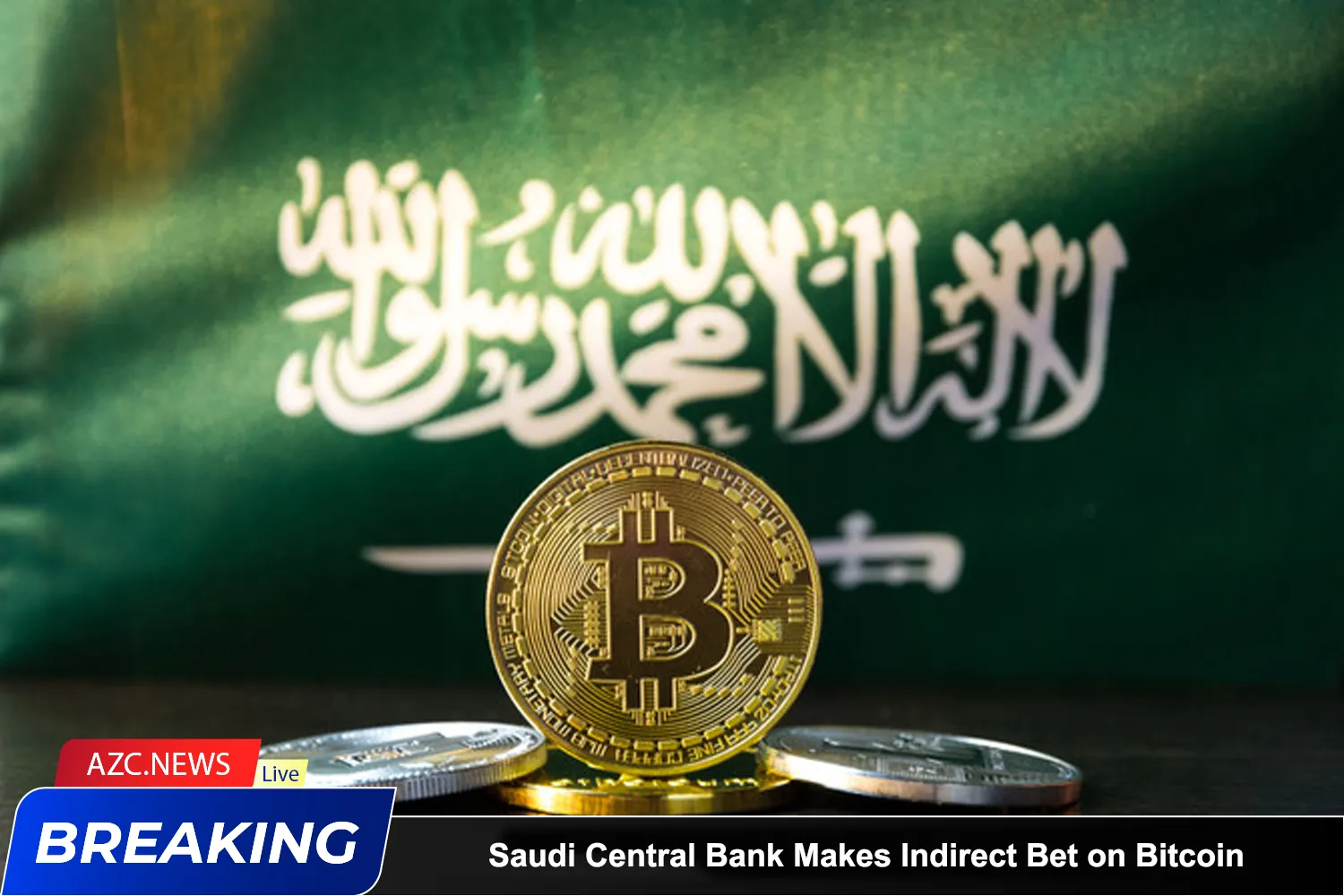In a surprising move, the Saudi Central Bank (formerly known as the Saudi Arabian Monetary Authority – SAMA) recently revealed that it holds a significant stake in Strategy – the rebranded name of MicroStrategy, founded by Michael Saylor. Strategy is currently the world’s largest corporate holder of Bitcoin and has made the cryptocurrency its primary treasury reserve asset in recent years. Therefore, this investment means the Saudi Central Bank now has indirect exposure to crypto assets, particularly Bitcoin.
According to media reports and SEC 13F filings, the Saudi Central Bank currently owns 25,656 shares of MicroStrategy Inc., now operating under the name “Strategy.”
Strategy’s Bitcoin Investment Strategy

Strategy holds 568,840 Bitcoin, with a market value close to $68 billion at current prices.
On social media, the crypto community welcomed the Saudi Central Bank’s move as a cautious yet strategic shift toward cryptocurrency adoption. Many viewed it as a strong vote of confidence in Strategy’s Bitcoin-focused approach and speculated that it could encourage other major institutions to follow suit.
However, the news has yet to positively impact Strategy’s stock (MSTR). On Thursday, the share price dropped nearly 5%, closing at $397. Over the past five days, the stock has shown volatility, with analysts raising broader concerns over institutional crypto adoption. The company’s use of borrowed funds to acquire Bitcoin has also sparked criticism, with skeptics like Peter Schiff mocking Michael Saylor’s all-in bet on the digital asset.
Saudi Central Bank’s Indirect Exposure to Crypto

Traditionally, central banks around the world have invested heavily in gold or U.S. dollars to preserve long-term value. However, this trend is gradually shifting, as some institutions begin to prioritize growth and asset diversification. Public records show that about a dozen countries now hold Bitcoin in their national treasuries or central bank reserves, including the United States, the United Kingdom, El Salvador, Iran, and Bhutan.
Previously, Norway’s sovereign wealth fund adopted a similar strategy by investing in crypto-related companies such as MicroStrategy, Coinbase, and Metaplanet.
With this recent move, the Saudi Central Bank officially joins the small but growing group of central banks with exposure—albeit indirect—to the cryptocurrency market, especially Bitcoin.






